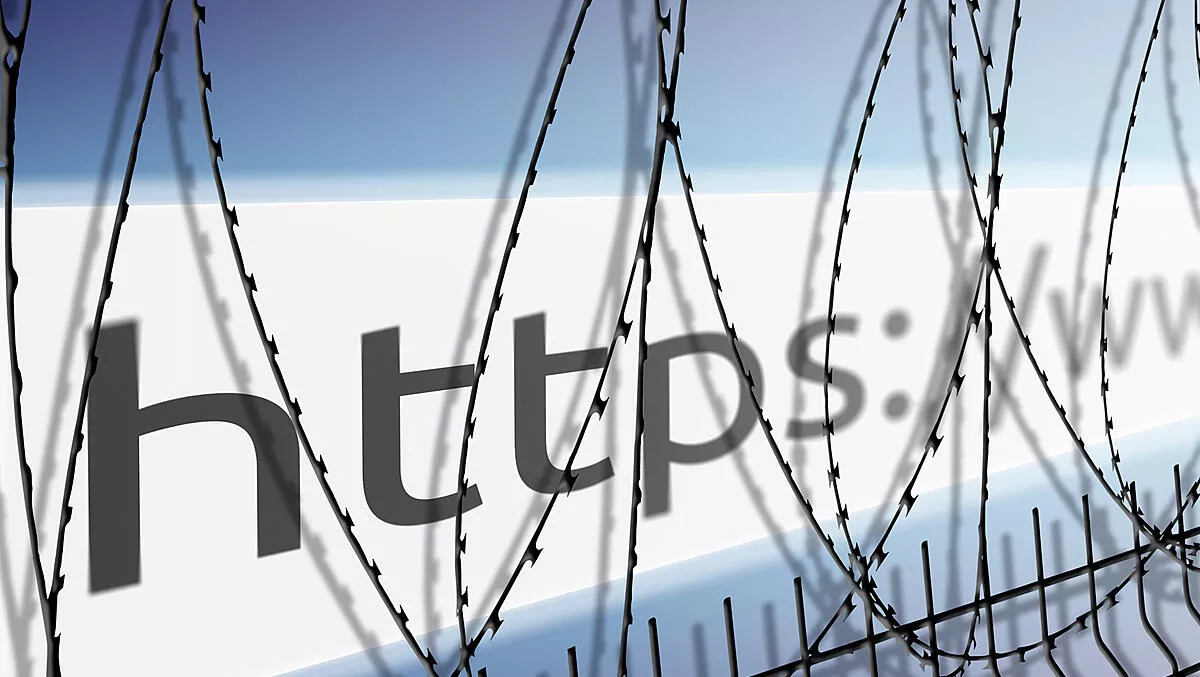The findings are in and the countries with the worst record for internet censorship have been revealed.
New research from Tech.co examined the content citizens can access, the illegality of privacy tools such as VPNs, monitoring policies, limitations on freedoms of expression and the increased controls being seen in the West.
The data was combiled by Tech.co's cybersecurity expert using a variety of data sources. It also cross-referenced its index with the recent work of Reporters Without Borders, which annually ranks press freedom figures by country.
According to the findings, Turkmenistan is ranked the worst in the world for online censorship, followed by North Korea - China. Many popular holiday destinations feature on the list, including Vietnam, Turkey, Cuba, and Singapore.
China jailed 57 journalists last year alone and has tightened up controls considerably since the Coronavirus outbreak, according to Tech.co.
Countries that routinely shut down news outlets and arrested bloggers found themselves among the top of the rankings.
Jack Turner, of Tech.co, says there were several reasons that Turkmenistan is at the top of the index, and none of them are good.
"If you're not familiar with the Turkmenistan, it's situated between Iran, Iraq and Uzbekistan – all of which also feature in our censorship rankings.
"To begin with, there is only one internet provider, which is government-controlled. Turkmentelecom has had the monopoly since 2001, and it uses this grip to block many sites and services, including Facebook, Twitter and YouTube. It also monitors traffic as standard, including personal email data," Turner explains.
"Independent media simply doesn't exist in Turkmenistan, and should anyone speak out about its government, the consequences can be dire. Political "disappearances" are not uncommon, and the country's jails have been criticised by the UN for practicing torture. For these reasons, citizens must self-censor their behavior online," he says.
Meanwhile, privacy expert at ProPrivacy Ray Walsh says while censorship isn't considered much of a problem in western countries, the open internet as we currently know it could become under threat.
"In the US, where censorship is not currently considered much of a problem, the biggest concern surrounds the FCCs decision to kill net neutrality in 2018," says Walsh.
"This creates the potential for US telecoms providers to favour certain services over others, and to block content provided by its direct competitors. Admittedly, in the year since the Net Neutrality vote, this has not yet led to limited internet packages and tiers that close off the internet to consumers which cant afford to pay," he says.
"However, it is still early days, and the killing of net neutrality does create the biggest potential for internet censorship the US has ever seen.
"If other countries, including the UK, were to follow in US footsteps to kill off net neutrality, the open internet as we know it could theoretically come under threat. In addition, we are seeing political rhetoric in the US that signals growing discontent towards Chinese apps and services such as TikTok, and the privacy and security ramifications involved in using them," Walsh says.
"If the US trade war with China were to further deteriorate, it is possible that the US could begin to force US app stores to censor Chinese apps in a similar way to how China currently blocks access to Facebook, Google, and other US service."
See Tech.co's full list of the worst countries for internet censorship below:
1. Turkmenistan
2. North Korea
3. China
4. Eritrea
5. Iran
6. Vietnam
7. Sudan
8. Syria
9. Djibouti
10. Turkey
11. Yemen
12. Kazakhstan
13. Belarus
14. Bahrain
15. Iraq
16. Libya
17. Egypt
18. Saudi Arabia
19. Russia
20. The Democratic Republic of Congo
21. Laos
22. Cuba
23. Singapore
24. Uzbekistan
25. Rwanda
26. Equatorial Guinea
27. Burundi
28. Azerbaijan
29. United Arab Emirates
30. Somalia



